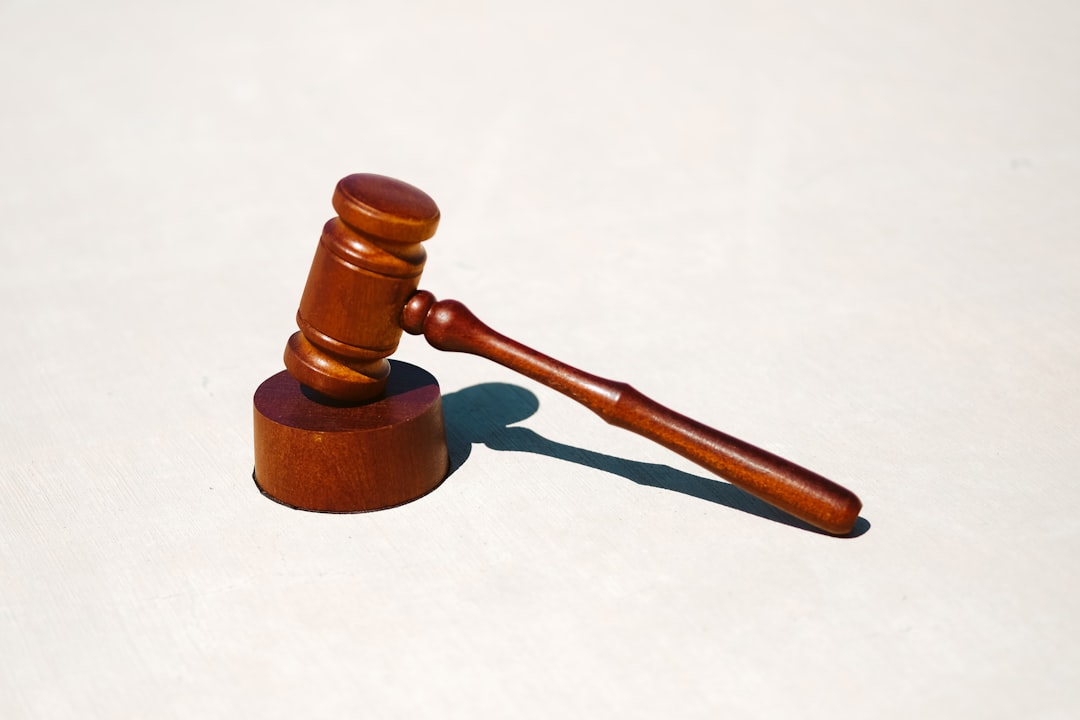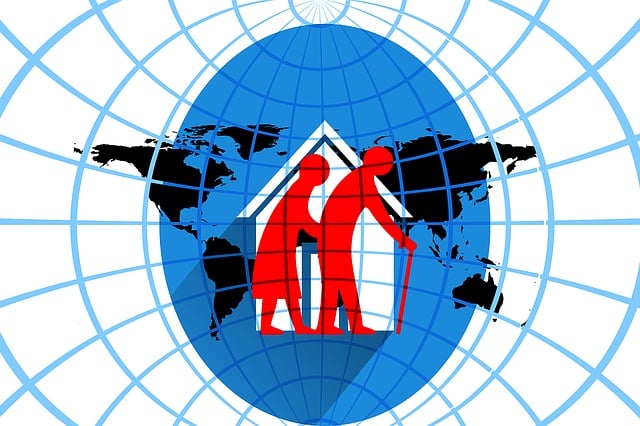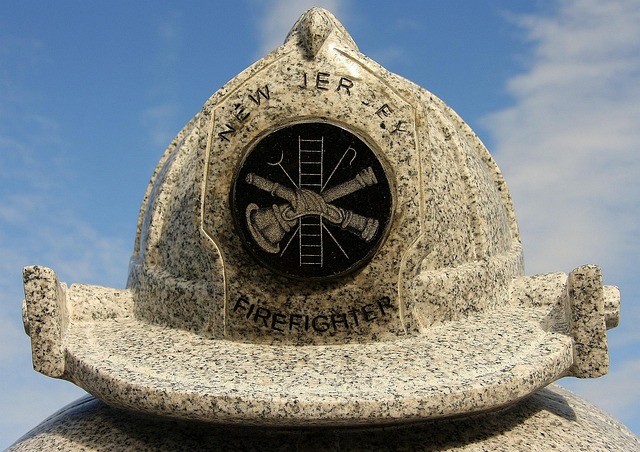Elderly sexual assault in New Jersey's assisted living facilities is a growing concern due to the state's aging population. Victims often remain silent out of shame or fear, making it crucial for staff and residents to be aware of potential red flags like behavioral changes, mood swings, unexplained injuries, and hygiene neglect. Elderly sexual assault attorneys NJ specialize in advocating for victims' rights, navigating complex legal systems, and raising awareness to prevent future abuse. Prevention measures include staff training, regular security assessments, strict visitor protocols, and dedicated protocols to address allegations swiftly, collaborating with law enforcement and elder care organizations.
Elderly sexual assault in assisted living facilities is a pressing issue in New Jersey, with potential implications for resident safety and facility management. This comprehensive guide delves into the growing concern of understanding and identifying such incidents, recognizing red flags, and exploring the legal support available through elderly sexual assault attorneys NJ. Learn about preventive measures and advocacy to ensure safer living environments for our aging population.
Understanding Elderly Sexual Assault: A Growing Concern in Assisted Living

Elderly sexual assault in assisted living facilities is a critical and growing concern across New Jersey. As the state’s population ages, it’s essential to recognize and address the vulnerability of elderly residents to sexual abuse. This issue often goes unnoticed due to the sensitive nature of the topic and the tendency for victims to stay silent out of shame or fear. Understanding the dynamics of elderly sexual assault is the first step in preventing and combating this heinous crime.
In assisted living facilities, residents may depend heavily on staff for their well-being, making them potentially more susceptible to exploitation. Elderly sexual assault attorneys in NJ play a vital role in advocating for victims’ rights and ensuring justice. They help navigate the complex legal system and provide support to those who have experienced such trauma. Raising awareness among both caregiving staff and residents is crucial to establishing a safe environment, where everyone feels comfortable reporting any suspicious or inappropriate behavior.
Recognizing Red Flags: Signs and Symptoms to Watch Out For

Recognizing potential red flags is crucial in identifying elderly sexual assault within assisted living facilities. Many older adults may struggle to communicate abuse, so it’s essential to be vigilant for non-verbal cues and unusual behaviors. Common signs include sudden changes in behavior or mood, such as increased anxiety, withdrawal from social interactions, or unexplained physical injuries. The victim might also exhibit memory lapses, confusion, or a decline in personal hygiene.
Elderly sexual assault attorneys in NJ emphasize that observant staff members can play a vital role in spotting these red flags. Regular check-ins, close monitoring, and open communication with residents can help prevent potential abuse. If you notice any concerning symptoms, it’s important to report them promptly to the appropriate authorities, ensuring the safety and well-being of the elderly individual.
The Legal Aspect: What Role Do Elderly Sexual Assault Attorneys NJ Play?

In the context of elderly sexual assault in assisted living facilities, Elderly Sexual Assault Attorneys NJ play a pivotal role in ensuring justice and protection for vulnerable residents. These legal professionals specialize in navigating complex laws and regulations pertaining to elder abuse, including sexual misconduct. They are equipped to handle cases involving staff members, peers, or any individual who exploits the trust and vulnerability of elderly residents.
Elderly Sexual Assault Attorneys NJ offer crucial expertise in investigating incidents, gathering evidence, and representing victims’ rights. They work closely with law enforcement, medical professionals, and social services to ensure comprehensive care for survivors while advocating for stringent penalties against perpetrators. Their presence is instrumental in raising awareness, fostering safer environments, and deterring future instances of abuse within New Jersey’s assisted living facilities.
Preventive Measures and Advocacy: Ensuring Safety in Assisted Living Facilities

Preventive measures are paramount in safeguarding vulnerable elderly residents from potential sexual assault within assisted living facilities in New Jersey. Staff training and education play a pivotal role, equipping caregivers with the knowledge to recognize signs of distress or unusual behavior, fostering an environment that encourages open communication about personal boundaries and safety. Regular security assessments and implementing strict visitor protocols further strengthen these measures.
Advocacy for elderly sexual assault victims is crucial. Assisted living facilities should have dedicated protocols in place to address allegations promptly, ensuring the well-being and dignity of affected residents. Collaborating with local law enforcement and elder care organizations, as well as supporting access to legal counsel like elderly sexual assault attorneys NJ, can help establish a robust safety net. This collective effort not only protects individuals but also raises awareness about preventing and addressing such incidents effectively.





